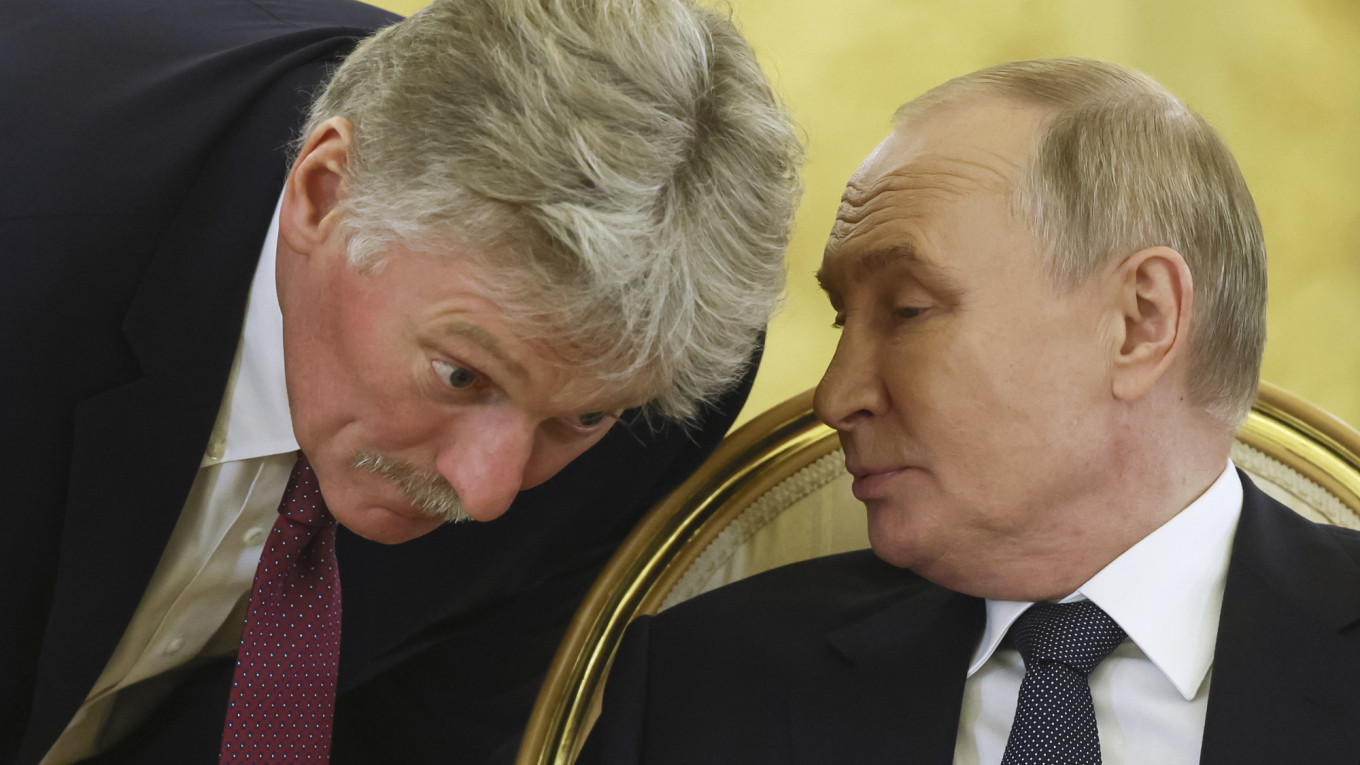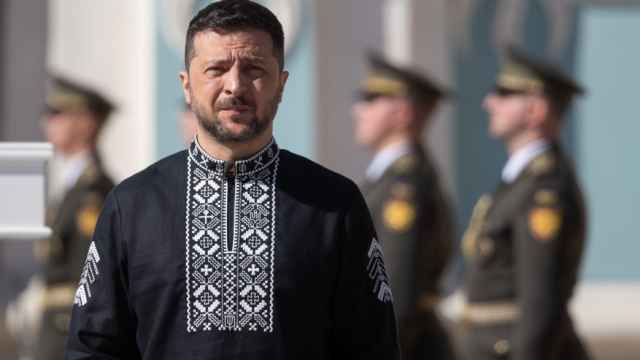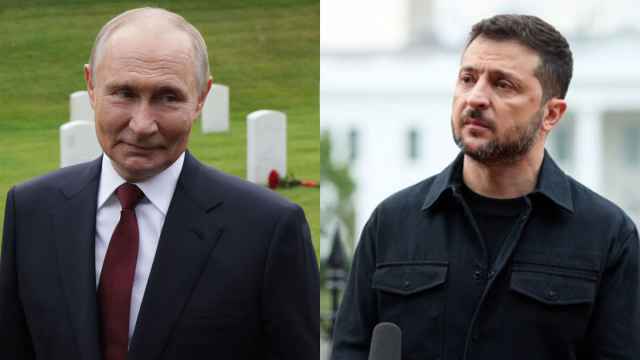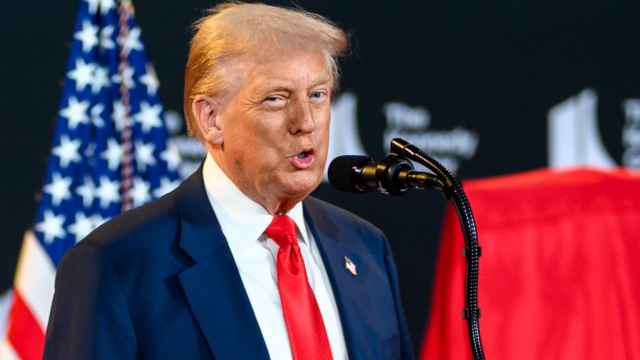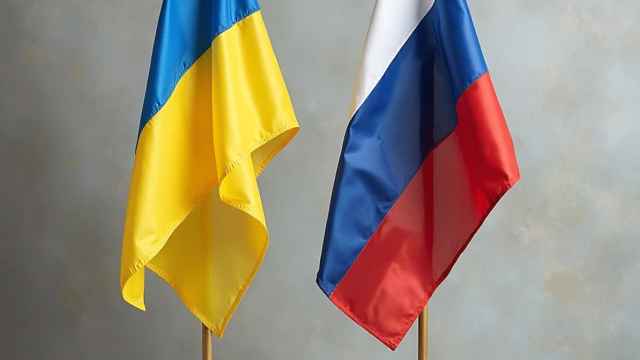The Kremlin on Monday repeated President Vladimir Putin’s call for direct Russia-Ukraine talks in Istanbul later this week, but did not say whether the Russian leader would meet with Ukrainian President Volodymyr Zelensky in person.
On Sunday, Putin proposed to resume direct negotiations last held in Istanbul in March 2022, while implicitly rejecting Kyiv’s call, backed by European allies, for a 30-day ceasefire. Zelensky responded by challenging Putin to meet face-to-face in Istanbul on Thursday.
Kremlin spokesman Dmitry Peskov told reporters that “all he could say” was that world leaders, including U.S. President Donald Trump and Turkish President Recep Tayyip Erdoğan, welcomed Putin’s proposal with “understanding and support.”
“Overall, we remain committed to a serious effort toward a long-term peaceful resolution,” Peskov said, without confirming whether Putin would attend the proposed talks.
Putin and Zelensky have not met since December 2019, more than two years before Russia launched its full-scale invasion.
Both Moscow and Kyiv appear to be trying to align themselves with Trump’s push for a swift peace deal in Ukraine, while painting the other as an obstacle to his efforts.
An anonymous Ukrainian official told Axios that Zelensky plans to travel to Turkey this week, regardless of Russia’s position on the proposed 30-day ceasefire.
Russian senators said on state television that a Putin-Zelensky meeting was unlikely to take place in Istanbul.
Peskov also pushed back against Germany’s warning earlier on Monday that the EU would impose new sanctions if Russia did not accept a ceasefire by the end of the day.
“The language of ultimatums is unacceptable to Russia. It is not appropriate. You cannot speak to Russia in such terms,” he said.
A Message from The Moscow Times:
Dear readers,
We are facing unprecedented challenges. Russia's Prosecutor General's Office has designated The Moscow Times as an "undesirable" organization, criminalizing our work and putting our staff at risk of prosecution. This follows our earlier unjust labeling as a "foreign agent."
These actions are direct attempts to silence independent journalism in Russia. The authorities claim our work "discredits the decisions of the Russian leadership." We see things differently: we strive to provide accurate, unbiased reporting on Russia.
We, the journalists of The Moscow Times, refuse to be silenced. But to continue our work, we need your help.
Your support, no matter how small, makes a world of difference. If you can, please support us monthly starting from just $2. It's quick to set up, and every contribution makes a significant impact.
By supporting The Moscow Times, you're defending open, independent journalism in the face of repression. Thank you for standing with us.
Remind me later.


